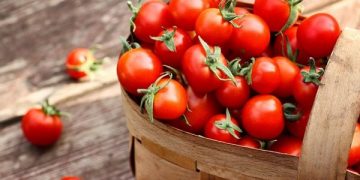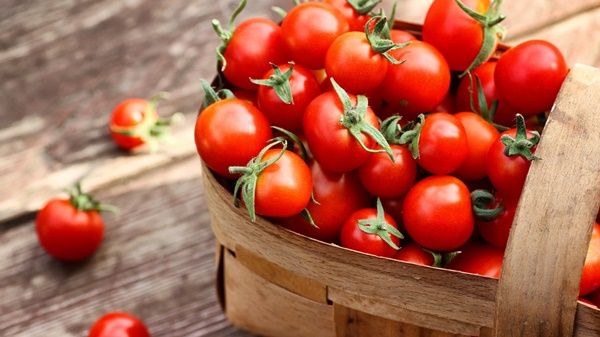Chamber of Agribusiness Ghana Calls for Strategic Interventions Ahead of Tomato Bumper Season
The Chamber of Agribusiness Ghana (CAG) has issued a call to action for stakeholders, including the government, to adequately prepare for the upcoming tomato bumper season. With the season expected to peak between late December and May 2025, CAG is urging investments in cold storage and transportation infrastructure to reduce the severe post-harvest losses that have plagued the industry for years.
According to CAG, Ghana loses approximately $600 million annually due to post-harvest losses across various agricultural products, with the tomato sector alone accounting for an estimated $60 million in losses each year. These losses are primarily attributed to neglected rural infrastructure, inadequate cold storage facilities, and poor transportation systems.
Anthony Selorm Morrison, CEO of CAG, emphasized that the lack of attention to rural infrastructure is exacerbating the issue. Poor road networks and unreliable transportation make it difficult for farmers to efficiently move their tomatoes from farms to market centers, resulting in significant waste. Furthermore, the lack of cold chain storage forces farmers to sell their perishable tomatoes quickly at lower prices to avoid spoilage.
The challenges facing Ghana’s tomato industry are not new. Insufficient investment in critical infrastructure has led to a reliance on tomato imports from neighboring countries such as Burkina Faso and Morocco. In 2022, the Vegetable Producers Association of Ghana estimated that the country spent roughly $400 million annually on tomato imports, draining valuable foreign exchange reserves.
With just three months left before the peak harvest season, the Chamber is urging the government to take proactive measures to mitigate potential losses. Morrison highlighted that the sector’s challenges can be overcome with strategic interventions focusing on varietal suitability, infrastructure development, access to inputs and financing, and market expansion.
If these issues are addressed, Ghana has the potential to transform its tomato industry, reduce its dependency on imports, and become a net exporter. Achieving self-sufficiency in tomato production would significantly boost the country’s food security and economic growth.
Stakeholders believe that a collaborative effort involving the government, private sector, and international partners is essential for unlocking the potential of Ghana’s tomato industry. With the right support, Ghana could emerge as a major player in the global tomato market, reducing its import dependency and increasing its contribution to the nation’s economy.































